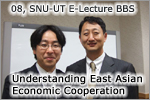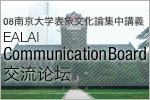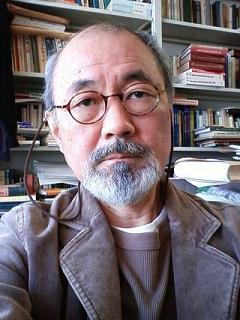Forum and intensive lectures at Nanjing University
"Russian film as a history of representation" /
URA Masaharu (Russian art and literature, University of Tokyo)
|
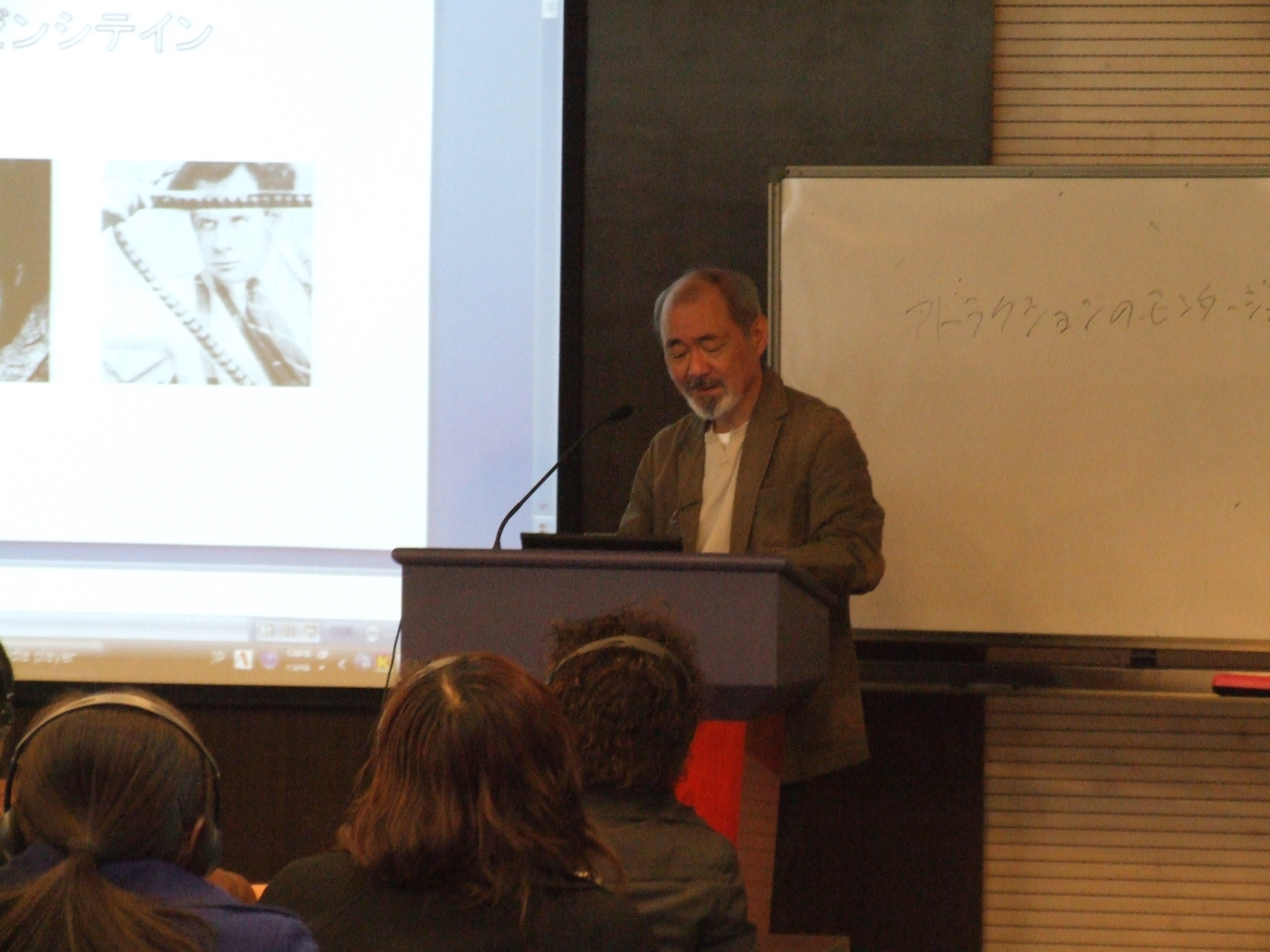 |
|---|
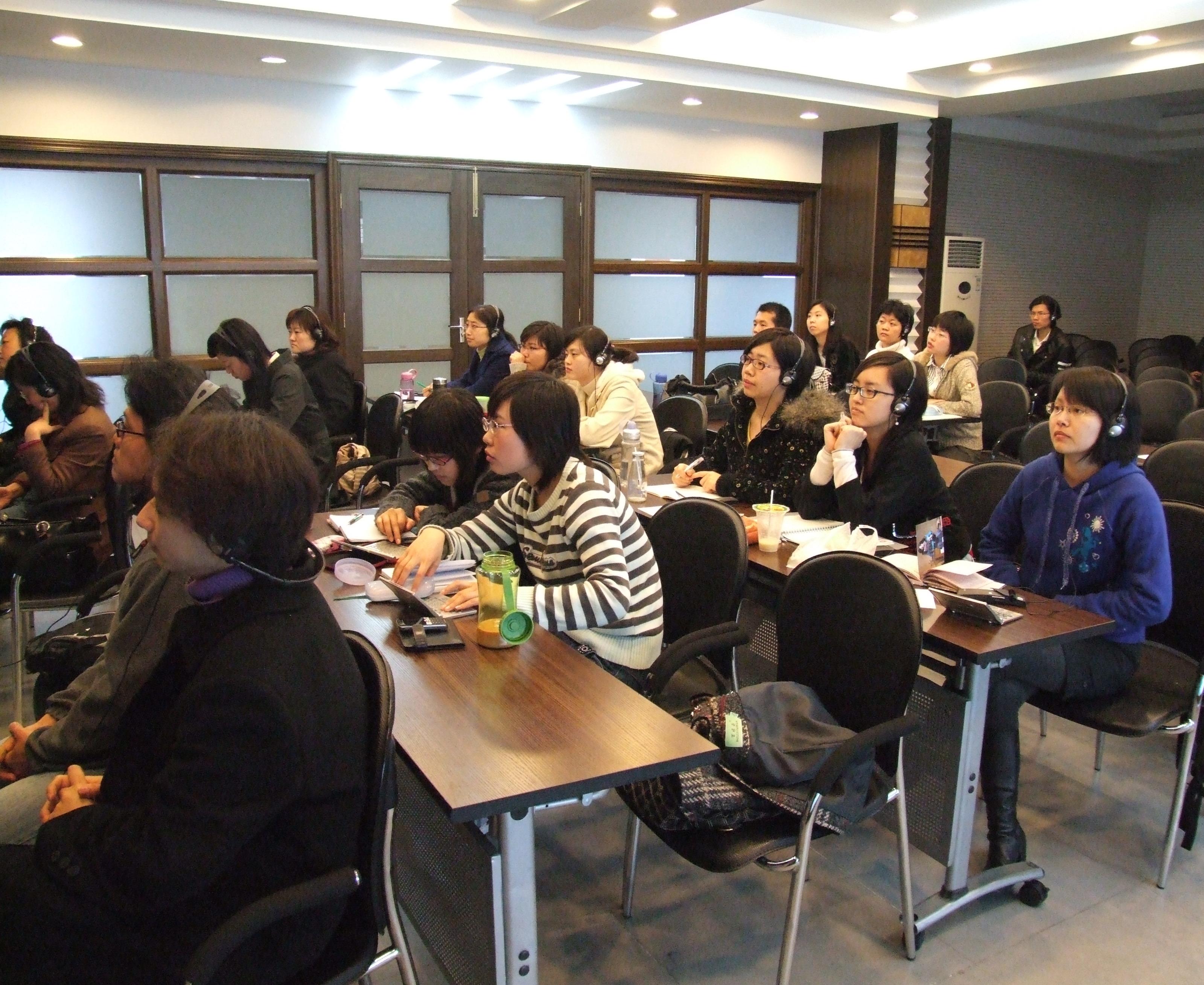 References are marked by *
References are marked by *
1) Melodramatic aspects in Russian silent movies.
*Yuri Tsivian, Early Cinema in Russia and its Cultural Reception.
2) The discovery of the montage: from Crechov to Eisenstein
*Denise J. Youngblood, Soviet Cinema in the Silent Era, 1918-1935.
3) The aggressive aspects of cinema: Eisenstein
*David Bordwell, The Cinema of Eisenstein.
*Jeremy Hicks, Dziga Vertov: Defining Documentary Film.
5) From the 1920s to the 1930s: the “Horizontal” and the “Vertical”
*Richard Taylor and Derek Spring (eds.), Stalinism and Soviet Cinema.
6) The rediscovery of the “pleasure of the visual”: Tarkovsky and Parajanov
*Vida T. Johnson and Graham Petrie, The Films of Andrei Tarkovsky: A Visual Fugue.
Japanese references
*Iwamoto Kenji, Roshia avanguarudo no eiga to engeki (Suiseisha, 1998)
*Oishi Masahiko, Tanaka Yo (ed.), Roshia avanguardo 3 kino eizo gengo no sozo, Kokushokankokai, 1994
*Lyda and Jean Schnitzer, Martan (ed.), Kaiso no roshia avanguarudo
(translated by Iwamoto Kenji, Oishi Masahiko, Miyamoto Shun) Shinjidaisha, 1987


